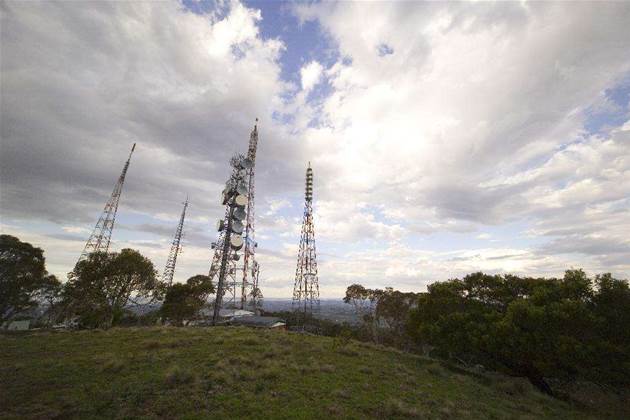A government committee has branded legislation that proposed significant changes to the community consultation requirements for mobile phone towers as severely disruptive.

Under amendments to the Telecommunications Act proposed last year by independent MP Andrew Wilkie, telcos or their agents would have to notify all residents within 500m of a planned extension to a ‘low-impact’ tower - compared to the 100m radius under current law.
It also required that "extensions" to an existing tower be limited to one - rather than the current five - metres in height.
Committee members unanimously opposed passage of the bill. There was no accompanying dissenting report.
The committee found the bill would not provide any additional strength to communities in opposing or negotiating with carriers over mobile towers, as intended, but would instead disrupt “essential routine activities by carriers” with notable unintended consequences.
The wording of the bill potentially implied that all future mobile towers would require full council development approval, effectively barring the Act.
Wording of the amendments also did not properly account for the existing scope of federal jurisdiction over mobile base stations, which covered only ‘low-impact’ and co-located stations rather than free-standing towers, which lay in state and territory legislation.
“As the [Telecommunications] Act would no longer apply to [low-impact] facilities, most of the additional amendments proposed by the bill would not be relevant to future mobile phone tower proposals,” the committee suggested.
The committee’s firm recommendations suggest waning support within Parliament for the amendments as proposed. It remains unclear whether Wilkie will continue to push the bill or amend his proposal.
The minister was not available for comment at time of writing.
A separate, Senate-led committee is currently considering very similar legislation proposed by Greens senator Bob Brown. It would similarly require telcos to notify communities of upgrades or new low-impact facilities within 500m of residents or businesses.
The Senate committee is due to report its findings in May.
Industry win
The committee’s recommendation comes as a win for the telecommunications industry which had vehemently opposed the amendments.
In public hearings and submissions to the committee during the course of consultation, major carriers and industry bodies had warned of the onerous requirements for telcos should the bill be passed unchanged.
Telstra submitted evidence the proposed amendments would cost it $2 billion a year in administrative costs while consulting the community for base station deployments.
Industry body the Australian Mobile Telecommunications Association similarly submitted a Deloitte/Access Economics study it commissioned finding additional overall annual costs of $2.2 billion across the industry per year due to administration, tweaks to construction and incurred delays.
The proposed bill had particular impact on the several hundred thousand activities made to low-impact facilities by the industry and their agents each year.
ACMA review
Separately, the Australian Communications and Media Authority is considering a revision to the 2005 industry code governing mobile base station deployments, submitted by the Communications Alliance last month.
If approved, it will be enacted from July 1 and require telcos to increase community consultation, provide more time for communities and councils to review proposed towers and provide a new web portal detailing base station deployments.
Those who have sought greater community consultation powers have continued to suggest the 2005 version of the code provides too many loopholes for carriers and agents, and has not been enforced in any serious way since ratification.
Update 10am: Removed erroneous mentions of a Senate committee and added information relating to a similar bill proposed by Greens senator Bob Brown.


_(28).jpg&h=140&w=231&c=1&s=0)








 iTnews Executive Retreat - Security Leaders Edition
iTnews Executive Retreat - Security Leaders Edition
 iTnews Benchmark Awards 2026
iTnews Benchmark Awards 2026
 iTnews Cloud Covered Breakfast Summit
iTnews Cloud Covered Breakfast Summit
 The 2026 iAwards
The 2026 iAwards












_(1).jpg&h=140&w=231&c=1&s=0)



